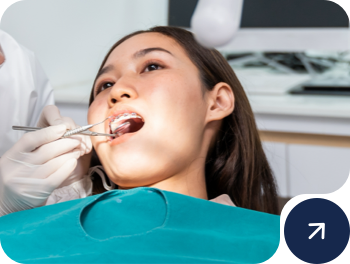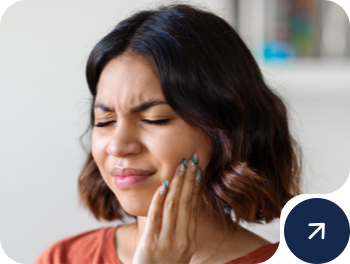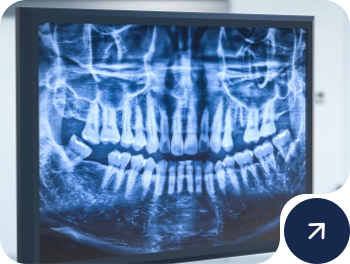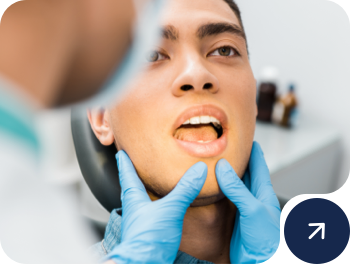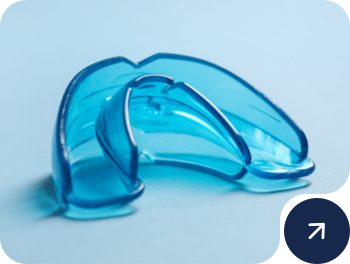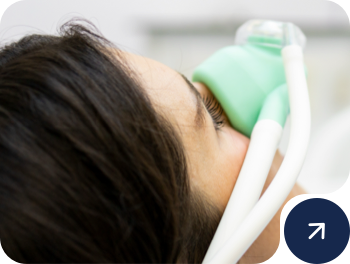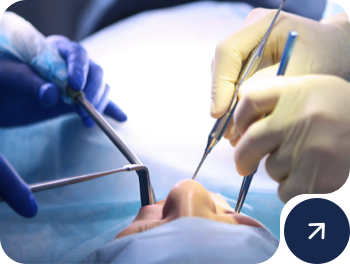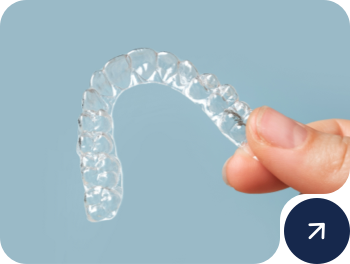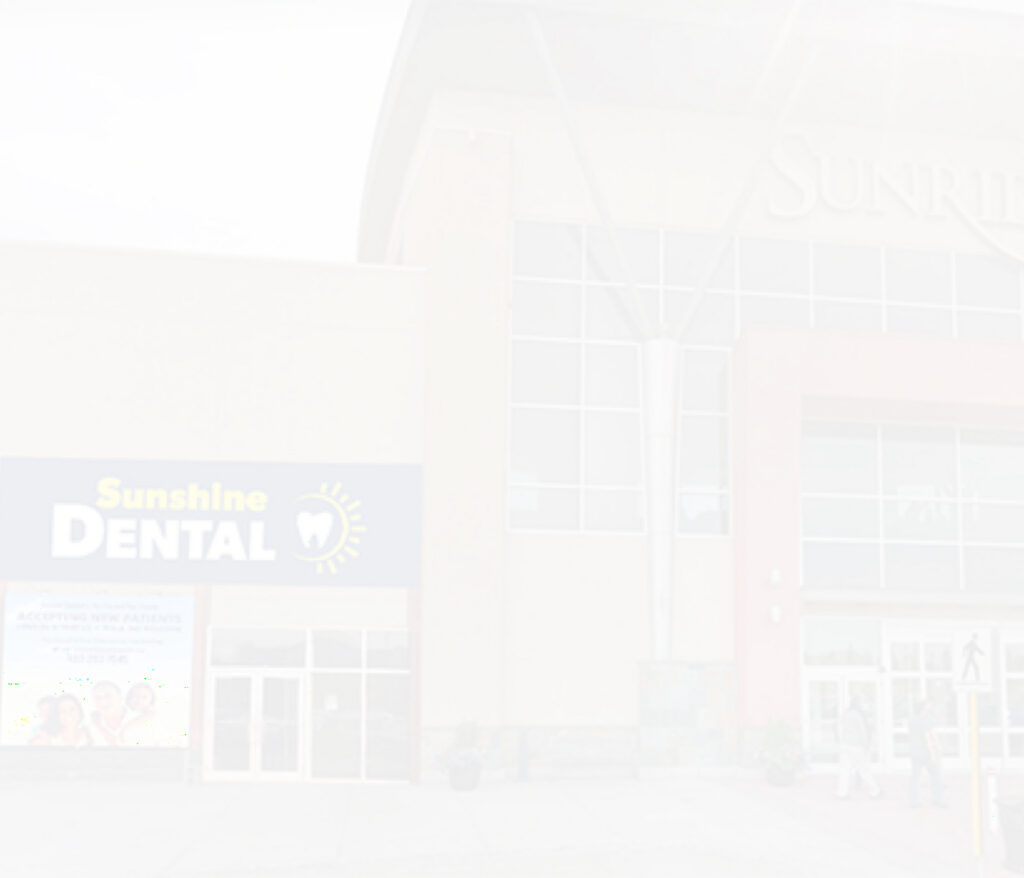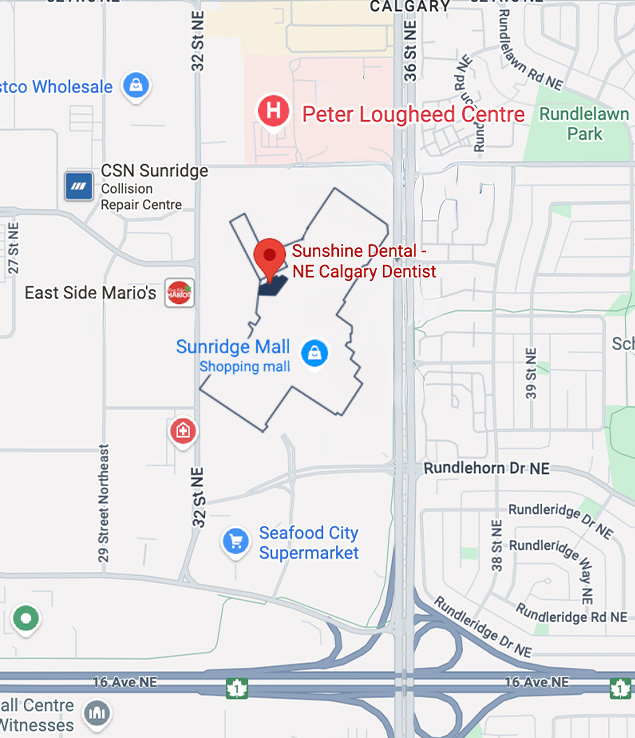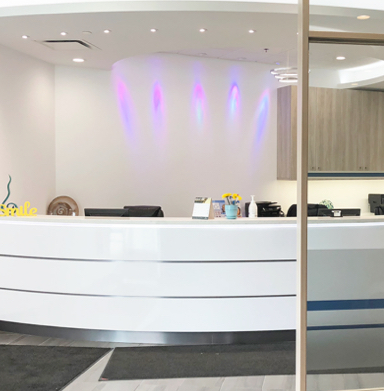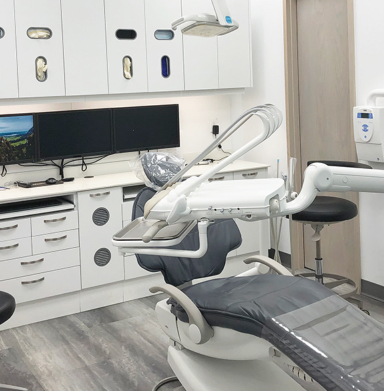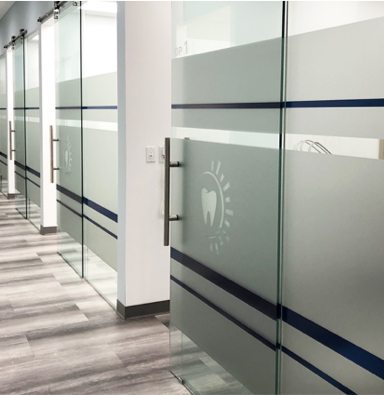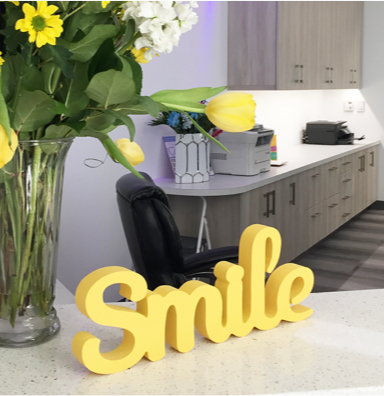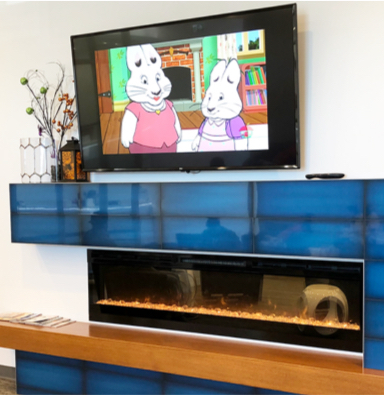Missing teeth can be more than cosmetic concerns. They can lead to other dental problems and affect your oral health.
When a tooth is lost, the adjacent teeth tend to shift into the empty space. This shifting can lead to bite misalignment, create gaps that are harder to clean, and can affect your ability to chew and speak.
Regardless of how it happened, replacing a missing tooth can help protect your remaining teeth and maintain the overall health of your mouth.
Why Do Teeth Shift?
Teeth can shift over time due to various factors, including:
- Natural aging: Jawbones can change shape over time, subtly affecting tooth alignment.
- Wear and tear: Habits like teeth grinding or clenching exert pressure on the teeth, potentially causing shifts.
- Gum disease: This condition can weaken the tissues that support the teeth, leading to movement.
Teeth can also shift due to:
- Orthodontic treatment: After braces or aligners, teeth may return to their original positions if retainers aren’t worn consistently.
- Injury or trauma: A dental injury can impact tooth alignment and stability.
- Certain medical conditions: Some health issues can affect jawbone health and, in turn, tooth position.
How to Replace a Missing Tooth
There are several options for replacing a missing tooth. The best option for your situation will depend on various factors. We can help you make a decision during an appointment.
Implants
Dental implants are a long-lasting and natural-looking solution to replace missing teeth. They involve surgically placing a titanium post into the jawbone, which then fuses with the bone to create a sturdy artificial root. A dental crown is then attached to the implant, providing a replacement tooth that looks and functions like a natural tooth.
Bridges
A dental bridge can replace one or more missing teeth. It spans an area without teeth and features an artificial tooth fused between crowns securely anchored on either side of the gap. The crowns may be bonded to your natural teeth or affixed to implants. This type of bridge is permanent and can only be removed by a dental professional.
Dentures
Dentures can be used to replace multiple missing teeth and their surrounding tissues. Dentures can be partial or full, depending on the number of missing teeth. Partial dentures attach to remaining natural teeth with clasps, while full dentures rest on the gums and may be secured with adhesives.
A Healthy Smile Is Beautiful
Sometimes, losing a tooth is inevitable. However, maintaining your oral health can reduce the risk. Here are some simple tips to keep your teeth and gums healthy:
- Brush twice a day with a soft-bristled toothbrush and fluoride toothpaste to gently remove plaque and food particles.
- Floss every day to get between your teeth and gums, where your toothbrush can’t reach.
- Eat a healthy, balanced diet rich in fruits, vegetables, and whole grains.
- Limit sugary drinks, which can contribute to tooth decay.
- Avoid tobacco products, which can stain teeth, cause gum disease, and increase the risk of oral cancer.
- Attend regular checkups and cleanings. Early detection and treatment of dental issues can prevent more serious problems.
What to Do If Your Tooth Gets Knocked Out
A tooth can get knocked out due to a fall, a sports injury, or biting down on something hard. If this happens to you, you may save it by acting quickly.
If you or someone you know has a tooth knocked out, here’s what to do:
- Gently rinse the tooth in water, doing your best not to damage the root.
- If possible, gently place the tooth back into its socket.
- If re-insertion isn’t possible, store the tooth in milk.
- Then contact us as soon as possible.
A knocked-out tooth is a dental emergency, and we will do everything we can to save the tooth.



